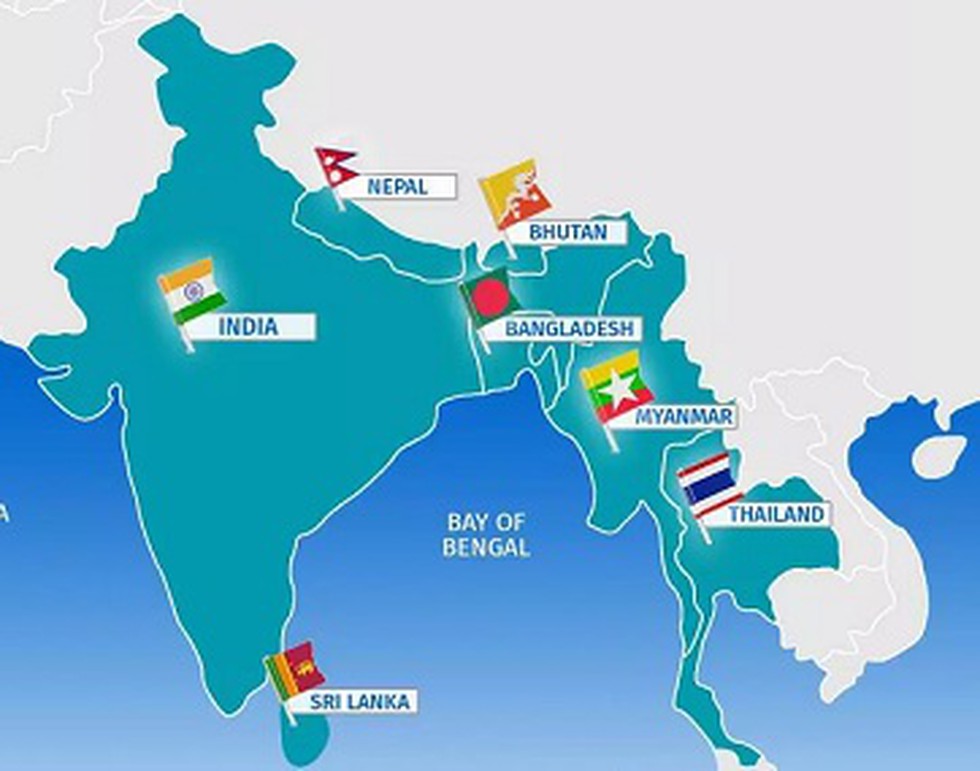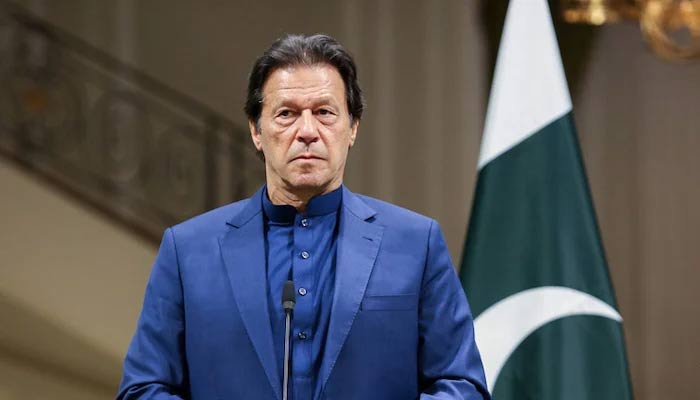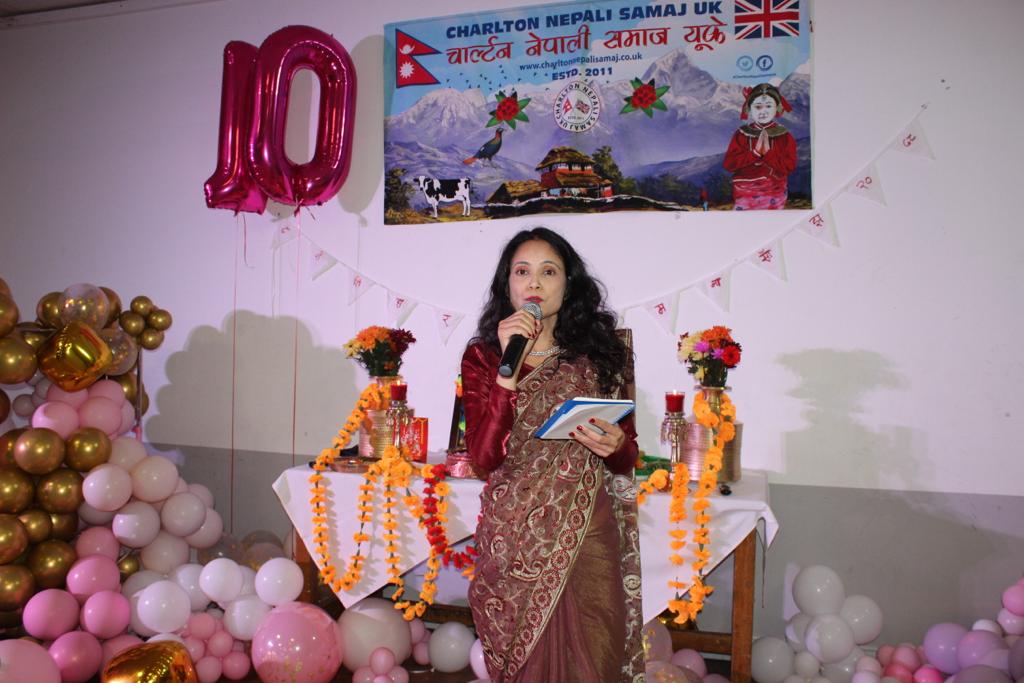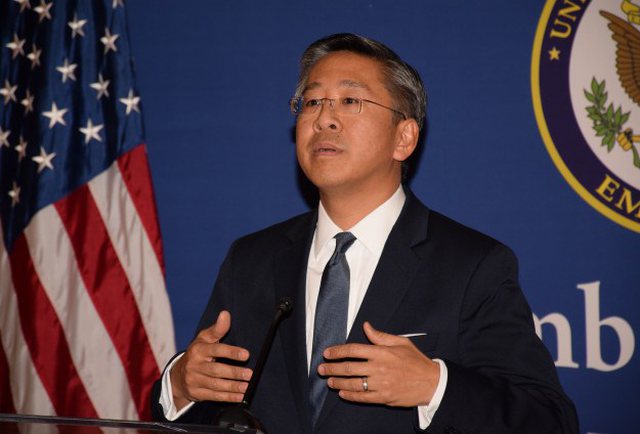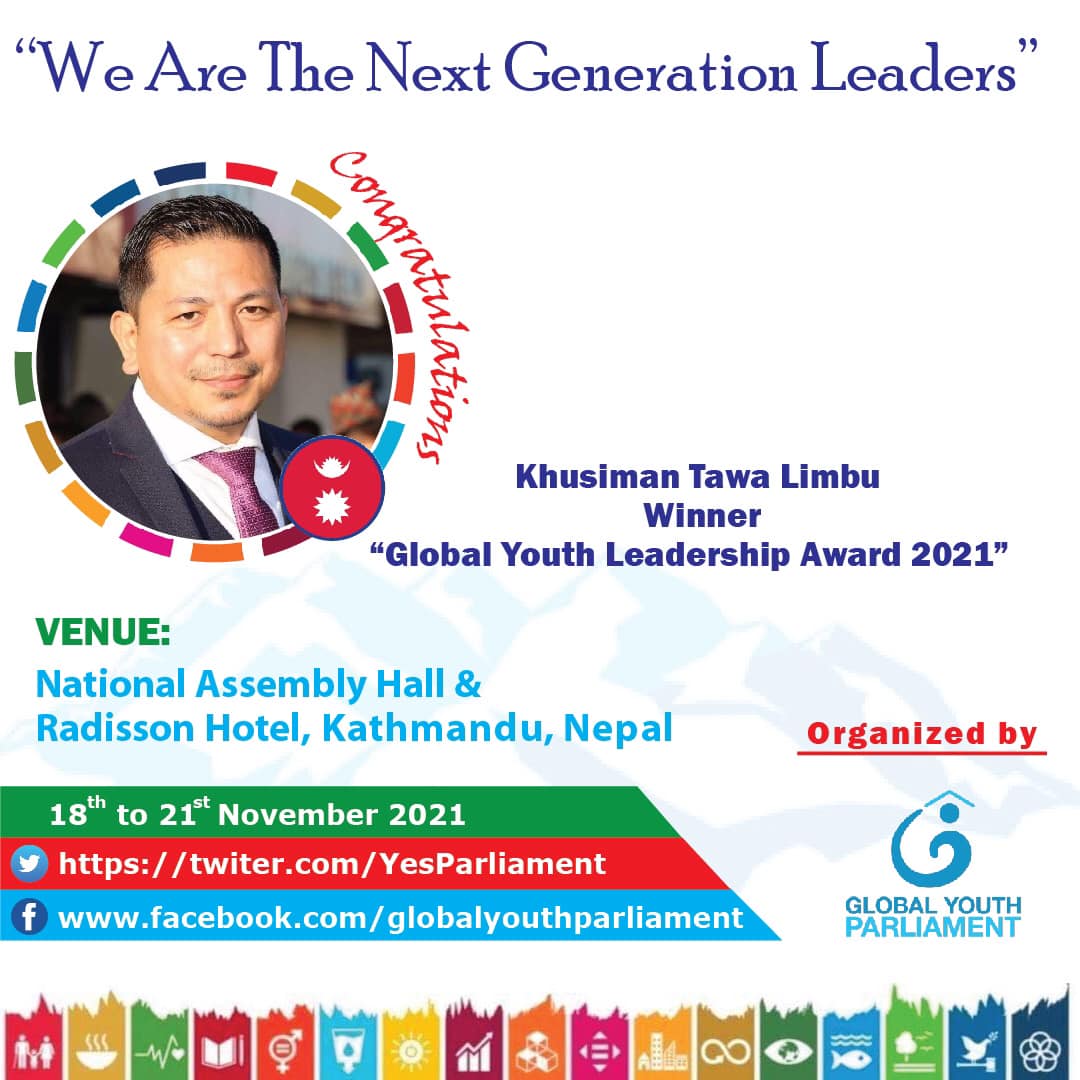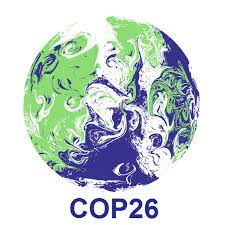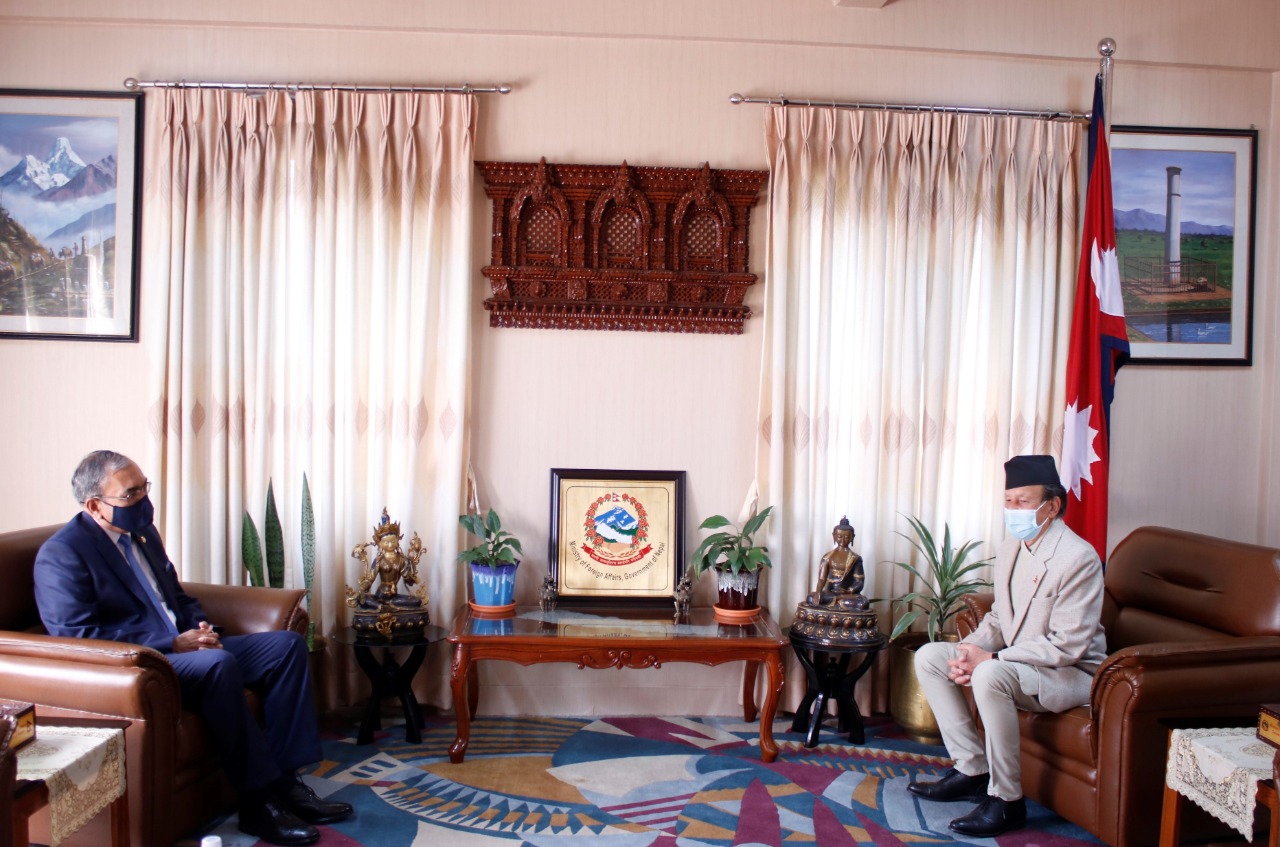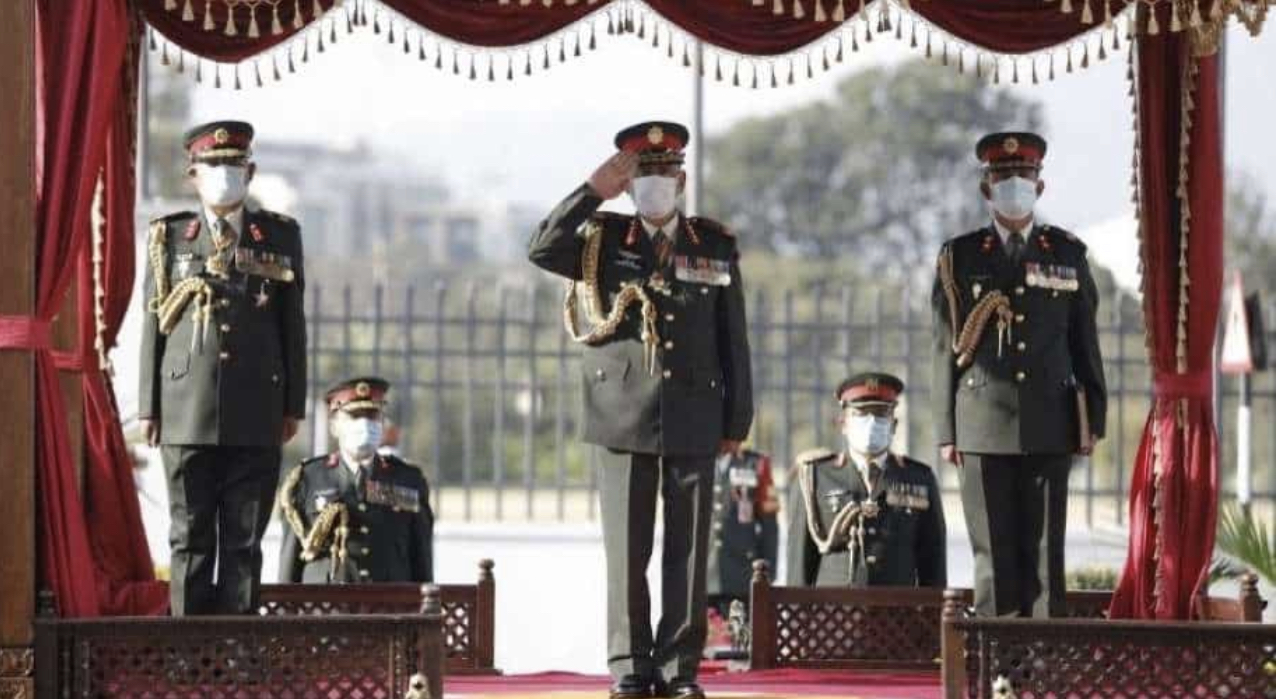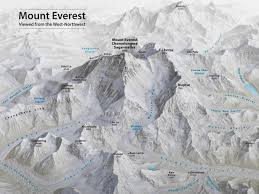By Bhagirath Yogi and Dr Jagan Karki
London – The COP26 has concluded in Glasgow, Scotland on Saturday adopting an agreement that calls for UN member countries to combat the causes and impacts of climate change.
“It’s a fragile win,” said Alok Sharma, a British Minister and chairman of COP26.
For the first time, the UN members have agreed to limit coal use. They have also agreed to increase financial help for developing countries to help them adapt to the impacts of extreme weather events. The Glasgow Climate Pact has agreed to re-visit emissions-cutting plans next year to try to keep 1.5 Celsius target reachable.
The parties agreed to “phase down” rather than “phase out” coal.
Scientists say coal alone contributes 40 percent of total emission of greenhouse gases in the atmosphere.
Efforts to include the phasing out of coal – that emits CO2- could not materialise due to the opposition from the Indian delegation.
Said Bhupendra Yadav, climate minister of India, “How could developing countries promise to phase out coal and fossil fuel subsidies when they have still to deal with their development agendas and poverty eradication.”
British Prime Minister Boris Johnson said that there was still a huge amount more to do in the coming years. “But today’s agreement is a big step forward and, critically, we have the first ever international agreement to phase down coal and a roadmap to limit global warming to 1.5 degrees,” he added.
UN Secretary-General Antonio Guterres said the planet was “hanging by a thread”. “We are still knocking on the door of climate catastrophe… it is time to go into emergency mode – or our chance of reaching net zero will itself be zero.”
Coal is responsible for about 40% of annual CO2 emissions, making it central in efforts to keep within the 1.5C target. To meet this goal, agreed in Paris in 2015, global emissions need to be reduced by 45% by 2030 and to nearly zero by mid-century.
“They changed a word but they can’t change the signal coming out of this COP – that the era of coal is ending,” Greenpeace international executive director Jennifer Morgan told the BBC.
Finance : a contentious issue
Finance was a contentious issue during the conference. A pledge by developed nations to provide $100bn (£75bn) per year to emerging economies, made in 2009, was supposed to have been delivered by 2020. However, the date was missed.
It was designed to help developing nations adapt to climate effects and make the transition to clean energy. Mr Sharma said that around $500bn would be mobilised by 2025.
During the global meet, poorer countries had been calling throughout the meeting for funding through the principle of loss and damage – the idea that richer countries should compensate poorer ones for climate change effects they are unable to adapt to.
This was one of the big disappointments of the conference for many delegations. Despite their dissatisfaction, several countries that stood to benefit backed the agreement on the basis that talks on loss and damage would continue.
LDCs disappointed
Meanwhile, the LDC Group, representing 46 of the poorest countries of the world, has said that they are disappointed that the proposed Glasgow Loss and Damage Facility is not included in the final decision.
“Our people are already experiencing a mounting onslaught of loss and damage caused by climate change. We heard widespread recognition of this injustice, yet there was a failure to address it. Ensuring our communities are supported in addressing the loss and damage that the climate crisis inflicts on them remains a top priority,” the Group said in a statement after the conclusion of COP26.
“While we are disappointed about loss and damage, there is now recognition and the start of dialogue on finance as a COP decision. This is a big step and we look forward to ensuring the next goal reflects the actual needs of vulnerable developing countries, based on science. We were also pleased with progress made on the Global Goal for Adaptation,” the statement said.
The Group, however, said they are encouraged by the commitment made by developed countries in Glasgow to double the provision of finance for adaptation by 2025. The needs of our countries and communities to adapt to the growing impacts of climate change outstrips even this commitment, but it is progress.
The LDCs are most vulnerable to climate change but contribute the least.
Talking to SAT, Minister of Forest and Environment of Nepal, Ramsahay Prasad Yadav, however, said that the Pact was an achievement for countries like Nepal. “The Pact addresses issues like adaptation and doubling the financial support to developing countries like Nepal. So, we consider it as an achievement,” he added.
‘COP26 did not live up to expectations’
Dr Poshendra Satyal, a UK-based expert on climate change, said that the overall goal of Glasgow Summit was to develop a path to keep warming limited to 1.5C and avoid the worst impacts of climate change. “While many of us would have preferred to see stronger and bolder wording in the Glasgow Climate Pact, it did not live up to the expectations, particularly of climate activists, poor and vulnerable countries, and Small Island Developing States. COP26 achieved some progress but is not good enough to prevent climate disasters: we are no near meeting the 1.5C target (in fact we are already at 1.1C temperature rise) and with all the announcements made we will be hitting to 2.4C by 2100.While one cannot really be satisfied with the outcome (considering the complexity of global climate politics and challenge of making more than 197 countries to agree on decisions), it can still be considered as another step forward on the pathway towards a net-zero future.”
Dr Satyal, who advises the Bird Life International, said that the next few years will thus be critical for climate actions on the ground (and away from the COP meetings). To borrow climate activist Greta Thunberg’s words, “the real work continues outside the hall, and we should never give up”.






